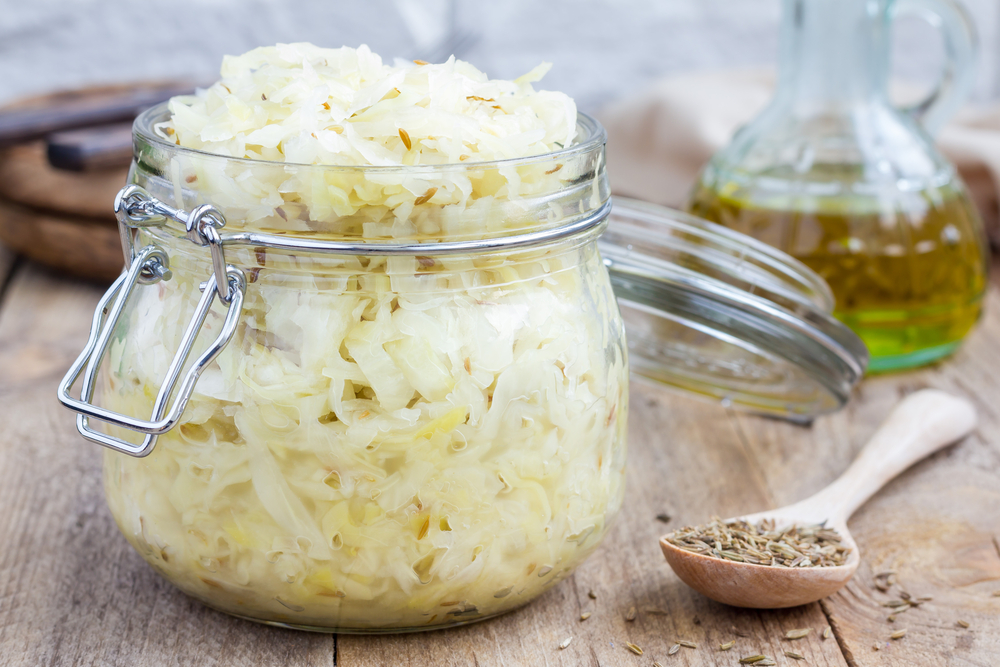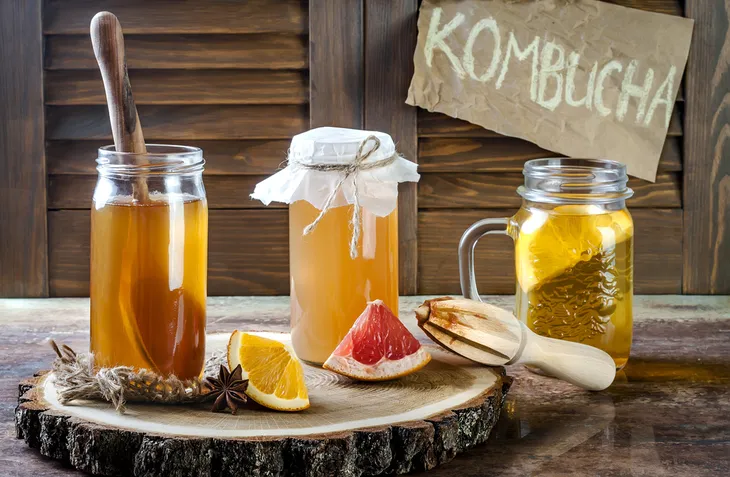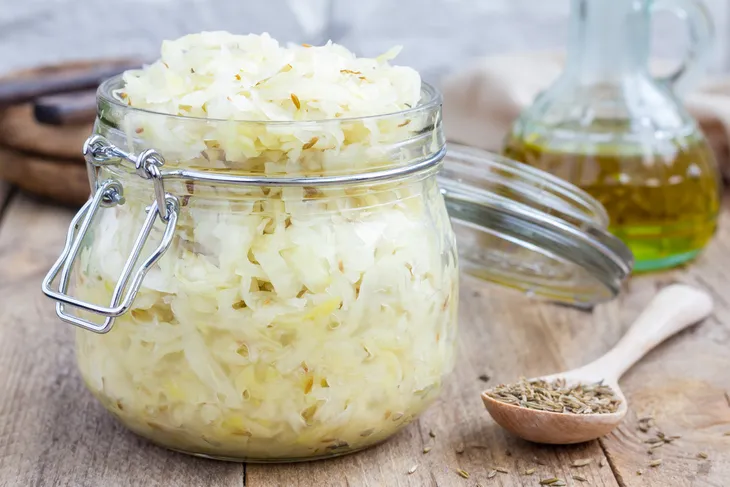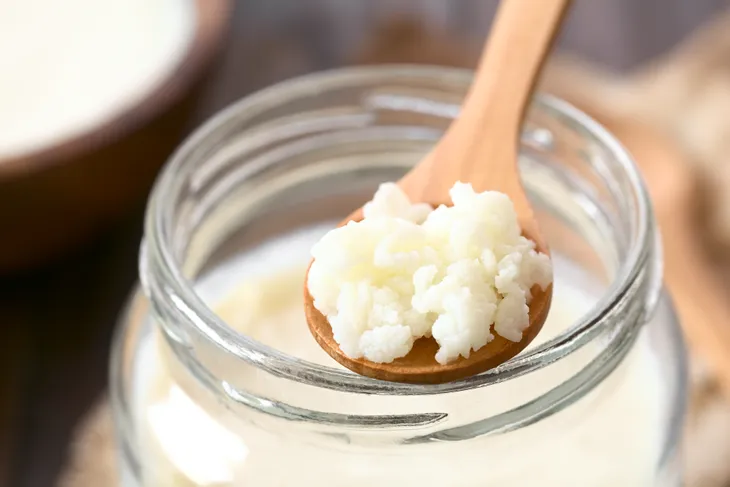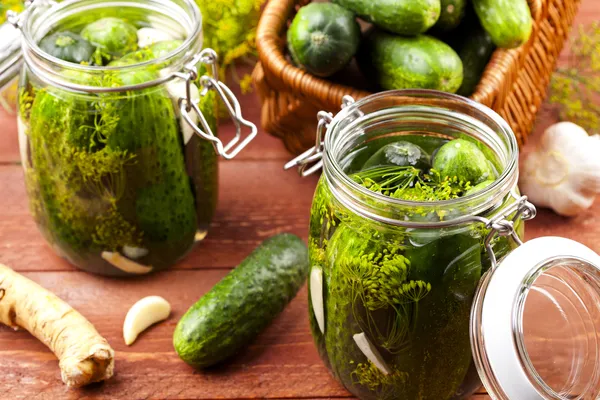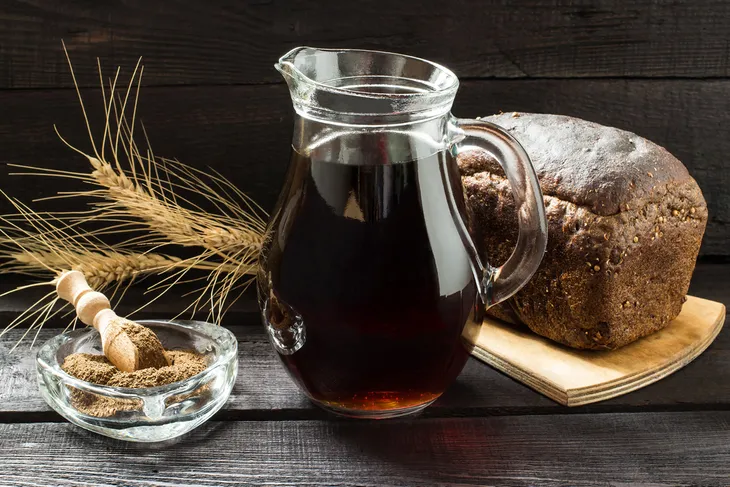It may be one of the more surprising new trends in cuisine and nutrition: fermentation. Based around a process involving the deconstruction of sugars using bacteria and yeast, it can help preserve foods and it may have some rather unexpected health benefits.
Specifically, fermentation can significantly increase the “good” bacteria in our lower digestive system, helping us process food better stay regular. Not only that, but fermentation could help improve the functioning of our immune systems, helping us fight off infection before it takes hold in the body. But that leaves one big question: what types of fermented food boast these remarkable health benefits?
Natto
Those familiar with Japan and Japanese cuisine may be familiar with natto, a fermented soybean product that, like tempeh, has lots of probiotic benefits. Natto also contains a high amount of fiber, making this one of the best food choices for anyone struggling with digestive issues like diarrhea and constipation.
And that’s not all. Natto also contains high amounts of vitamin K, which can help boost your body’s processing of calcium and, in turn, improve overall bone health. Finally, natto has been shown to help dissolve blood clots, making it a wise choice for anyone with circulatory issues.
Kombucha
Kombucha, a fermented and fizzy tea that boasts a bitter and sweet taste, may be the most popular new item on this list. Typically made from black tea, though occasionally produced using green tea, kombucha offers a variety of health benefits.
Even though it’s extremely popular, most of kombucha’s benefits have been revealed through animal and not human studies. One of those studies showed that it can help maintain liver health, even after exposure to dangerous chemicals. Another showed that kombucha can help diabetes patients maintain healthy blood sugar levels, while another showed that it can help limit the development of cholesterol.
Miso
Like natto, another item on this list, miso comes from Japan and is produced using fermented soybeans. In this case, miso is made by combining fermented soybeans with salt and a Japanese fungus called koji. The result is a thick paste that is often broken down into small bricks typically added to a thin broth, producing the very popular miso soup. If you’ve been to a Japanese restaurant lately, there’s a good chance you saw it on the menu.
Like natto, miso boasts probiotic qualities that can help with digestion. But it has also been shown to help reduce the risk of breast cancer, lower blood pressure, and limit the chance of heart disease.
Kimchi
Go to a family restaurant in North America and you’ll find several stand-by food choices under the “side orders” section, from fries to mashed potatoes and a vegetable medley. Now, transport yourself halfway across the world to Korea, and you’ll find these side orders replaced by the incredibly popular kimchi, a relatively simple dish made from fermented cabbage.
Eating kimchi comes with a variety of health benefits, from helping to reduce cholesterol levels to limiting insulin resistance. That makes it an excellent dietary choice for anyone concerned about heart disease or diabetes. And, because it typically includes few calories and no fat, it’s a good choice for anyone trying to lose weight in a healthy way.
Sauerkraut
Sauerkraut: it’s one of those condiments that, like anchovies on pizza, you either love or hate. Made from fermented cabbage and boasting a flavor that’s both bitter and sweet, sauerkraut can often be found at your local hot dog and sausage stand; in a way, then, it’s like a central European relish.
And while hot dogs and sausages may not be particularly healthy, sauerkraut does boast a number of impressive nutritional qualities. It’s packed with fiber, vitamins C and K, and comes with few calories. It’s also an excellent source of lutein and antioxidants shown to help prevent the onset of eye diseases.
Probiotic Yogurt
Before probiotic yogurt, few North Americans were familiar with the term “probiotic” at all. But thanks to a few highly successful marketing campaigns, it’s now common for people to have a package of the stuff in their refrigerator.
Like other fermented products, probiotic yogurt can help with digestion and comes packed with a variety of important nutrients, from calcium and potassium to phosphorus, riboflavin, and vitamin B12; this means it can help lower blood pressure and improve bone density.
Kefir
Unless you’re a regular visitor to the yogurt section of your grocery store, there’s a good chance you’ve never seen or heard of kefir, a dairy product that’s produced by combining milk with yeast and bacteria. And while that may not sound like a particularly appetizing combination, the mixture produces a thick and tangy texture that’s not unlike yogurt.
As for its health benefits, kefir has been shown to help with digestion, particularly in people with lactose intolerance issues. It may also help limit inflammation and improve bone health, making it a very wise choice.
Tempeh
If you’ve ever visited a vegetarian or vegan restaurant, chances are you’ve seen or heard of tempeh. Produced using fermented soybeans and typically molded into a thick cake form, it’s often used as a replacement for meat in vegan and vegetarian cuisine.
Not only that, but tempeh is high in protein, making it a suitable nutritional replacement for chicken, turkey, duck or other types of poultry. Tempeh also has some significant probiotic qualities, meaning it can help with digestion.
Raw Cheese
You may be thinking “what, exactly, sets raw cheese apart from regular cheese?” The difference is subtle: in the case of raw cheese, it’s made with milk that’s yet to be pasteurized. This can include cow, goat and sheep milk.
The advantage of this type of milk is that it’s particularly high in probiotics, which can help promote gut health and aid in the complex digestive process. Probiotics can also help boost our immune system, giving us a leg up in the constant struggle against infection.
Pickles
They may be full of salt, but fermented cucumbers, or pickles, do have a number of health benefits. For one, they contain lots of vitamin K, an often-overlooked vitamin that can help in the fight against heart disease while improving bone health. Pickles are also a good source of antioxidants, which can help reduce cancer risk, and “good” bacteria capable of helping the digestive process.
When shopping for pickles, try to find a product that is made using organic and local cucumbers. Ideally, it will also ship with less salt than the average name-brand pickle.
Kvass
Travelers to Eastern Europe may have come across kvass, a fermented drink that resembles kombucha but, rather than being made using tea, is produced with salt, bacteria, yeast, rye, vegetables and, occasionally, fruit. The end result is a tangy and semi-carbonated beverage that has a slightly salty aftertaste.
Like kombucha, kvass is a great source of probiotics, meaning it can help people with digestive issues process their meals. It also boasts anti-inflammatory compounds, meaning it can help fight infection and give the immune system a boost.
